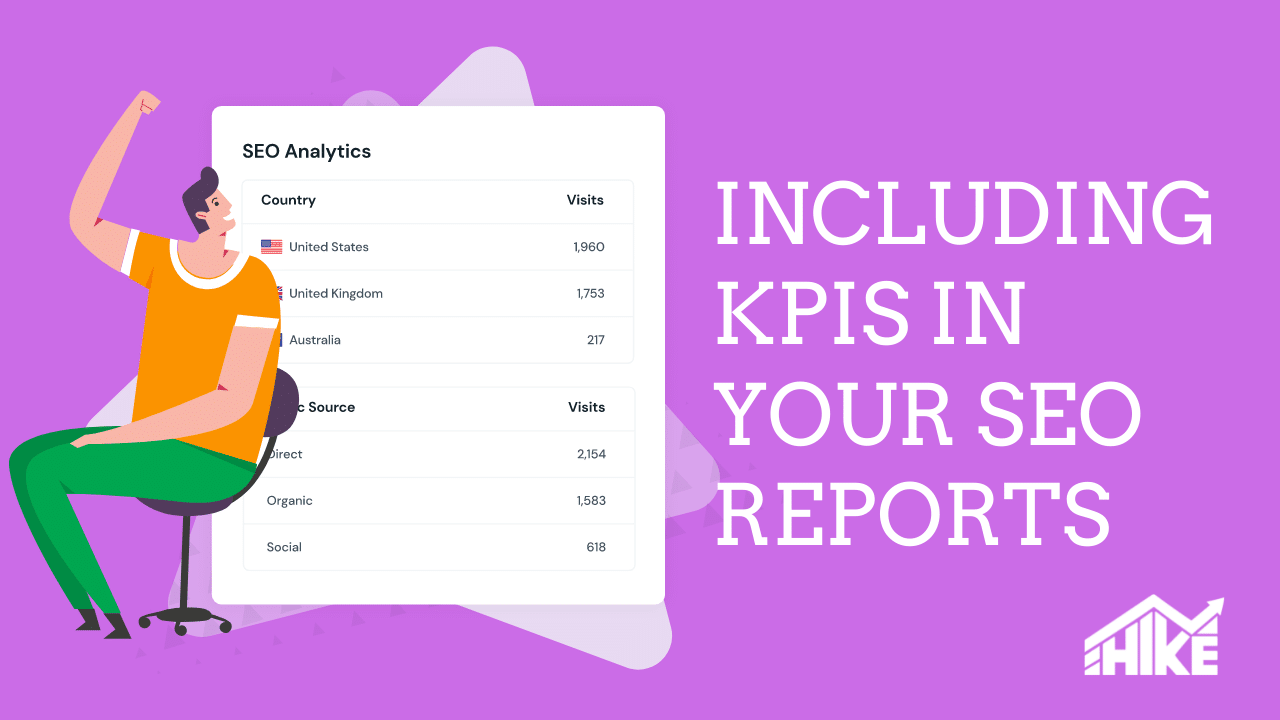Introduction from Hike – this post is the seventh in a series which we’re calling the “Friends of Hike Guest Post Series”. Being a SaaS/marketing company we have friends in lots of different companies, all who expertise in their specialist area. And we want to share their best tips – their best ‘knowledge’ – that can help YOU with your marketing. It’s all about sharing value.
It’s also to demonstrate to our users, and those small businesses/startups, that there are great opportunities for building links to your website if you participate in this ‘expertise sharing economy’. This is exactly what the future of link building looks like, and it’s what Google envisioned as the purpose of links.
Daleep at Growthe Forte who wrote this post has included a backlink to his site. And we are HAPPY to include it, as he is providing true value to our blog and to our users.
So without further ado, enjoy the seventh guest post in this series…
If you ask people to describe what type of marketing they’re doing, or considering, the returning answers are almost always a list of marketing activities that are essentially just digital tactics.
Facebook ads, social media content posting, email marketing, remarketing etc.
The list goes on, with more fragments being created all the time, only adding to the complexity that has confused even today’s marketers.
Don’t forget that along with each one of these, there is a plethora of things to know which surround each discipline.
So why do people think this is marketing?
And why am I of the opinion that it isn’t?
What is Marketing?
To challenge those who choose to go with Digital Marketing (as though it’s a new type of marketing), we first need to look at what is marketing.
An old definition by Dr Philip Kotler, one of the most well-known and respected professors in this space says “Marketing is the science and art of exploring, creating, and delivering value to satisfy the needs of a target market at a profit.”
Granted, this is a really old definition. Decades older than every digital native out there.
But let’s break it down a little to understand why it’s just as relevant today as it was when it was written.
Exploring
Kotler refers to ‘exploring’ as researching markets and people, which startups and anyone launching a new brand (not just startups) should be doing at an early stage.
Although you can use digital tools, this is really about building an understanding and testing the waters. This is one of the earliest and most fundamental parts of a marketing planning process.
Creation of value
The creation of value refers to developing products or services (including minimal viable product) for an audience.
So this is really about people (within the business) making useful things for other people (customers), preferably using the understanding they developed during the earlier exploratory research.
This is a key part of the marketing process. All humans here so far, nothing digital.
Delivery of value
The delivery of value is the economics.
So pricing helps set the value perceived of the product or service. And pricing can vary depending on where you are in the value chain, such as manufacturer, wholesaler, distributor, retailer/reseller, your product, delivery method, market and competition.
So pricing is set according to a set of commercial considerations. It’s a part of the marketing planning process. And there’s nothing digital in here.
The second part of delivering value involves physical delivery (which has an impact on pricing as mentioned), to the target audience. For a single product e.g. a light bulb, there are a host of different audiences depending on where you look in the value chain. Using everyday examples using a product and its end-user though, Coke delivers through vending machines (and other channels), car dealers through dealerships, SaaS companies through websites (and affiliate sites, etc.), clothing companies through stores, websites, or both. So whilst there can be digital elements here (SaaS, eCommerce), this is about getting it to the customer by identifying the right sales channels and distribution methods and getting your offering to the customer at a price that represents value. This is marketing, not digital marketing.
Audience
In all marketing, identifying and talking to the right audience is key. It avoids wastage.
Figuring out your audiences is not unique to digital marketing. But reaching out and communicating with your audience is where most forms of digital marketing can be introduced into the marketing mix.
These communications occur much later than most of the marketing described above. It’s when you want to ‘go to market’.
But people refer to this as marketing, and for that, they focus on digital marketing. But it’s just a piece of the marketing puzzle.
Profit
We can’t forget Kotler’s reference to commercial gain.
A business needs continuity to keep delivering their product or service that their audience has come to value, and for that, all elements and pricing come together to ensure there is sufficient commercial gain for the business (and stakeholders, investors, etc.).
No digital in this part of marketing.
Summary: Marketing is a Process
Since the late-nineties, digital marketing has grown and solved much of the frustration and guesswork associated with earlier times, such as metrics, measurement and cost of entry.
But marketing is a much broader process which begins with assumptions, research and planning, with tactical executions occurring much later when products and services are ready for market.
That larger and earlier part of the marketing process is not digital at all. It’s highly commercial.
But many businesses and marketers have been seduced by the ease and low entry cost of digital marketing communications that they’ve forgotten the principles of marketing which are based on business.
Digital marketing methods are also in abundance, unlike the patience required for good planning.
This has caused marketers to skip essential steps in planning and jump hastily straight into execution-mode, and over a period, forget what is marketing.
Author bio: Daleep Chhabria is a Marketing & Business Expert. He launched and built the Call of Duty brand in the UK & Rest of Europe, amongst other achievements during his 20+ year career. He now helps transform businesses through strategy, with a large emphasis on marketing through his boutique consulting firm Growth Forte.



